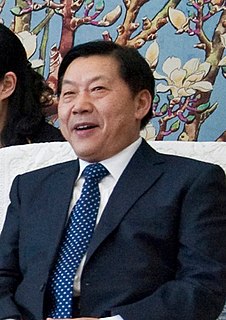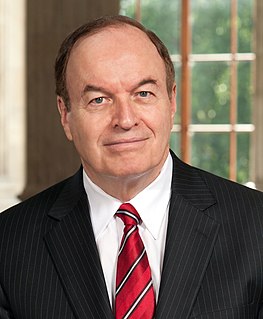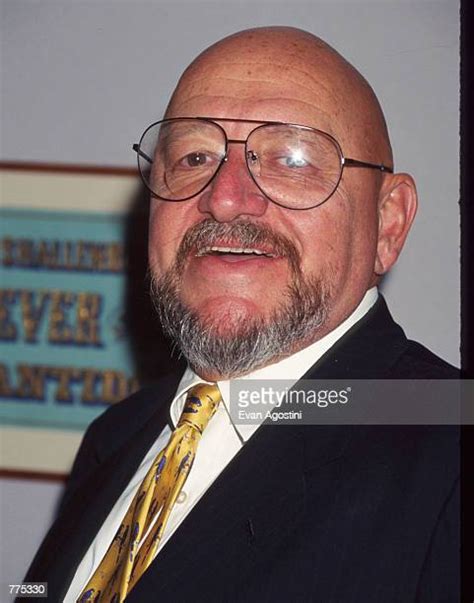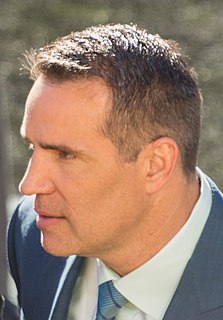A Quote by Lu Wei
The Internet is a free and open platform. Everyone has the right to speak. However, compliance with the law is the bottom line that no one should violate.
Related Quotes
Providing free access to research papers on websites like Sci-Hub breaks so-called copyright law that was made to taboo free distribution of information on the Internet. That includes music, movies, documentaries, books, and research articles. Not everyone agrees that copyright law should exist in the first place.
But we either believe in democracy or we don't. If we do, then, we must say categorically, without qualification, that no restraint from the any democratic processes, other than by the ordinary law of the land, should be allowed. If you believe in democracy, you must believe in it unconditionally. If you believe that men should be free, then, they should have the right of free association, of free speech, of free publication. Then, no law should permit those democratic processes to be set at nought.
Everyone should be concerned about Internet anarchy in which anybody can pretend to be anybody else, unless something is done to stop it. If hoaxes like this go unchecked, who can believe anything they see on the Internet? What good would the Internet be then? If the people who control Internet web sites do not do anything, is that not an open invitation for government to step in? And does anybody want politicians to control what can go on the Internet?
There is but one question ultimately to be asked respecting every line you draw, Is it right or wrong? If right, it most assuredly is not a "free" line, but an intensely continent, restrained and considered line; and the action of the hand in laying it is just as decisive, and just as "free" as the hand of a first-rate surgeon in a critical incision.

































